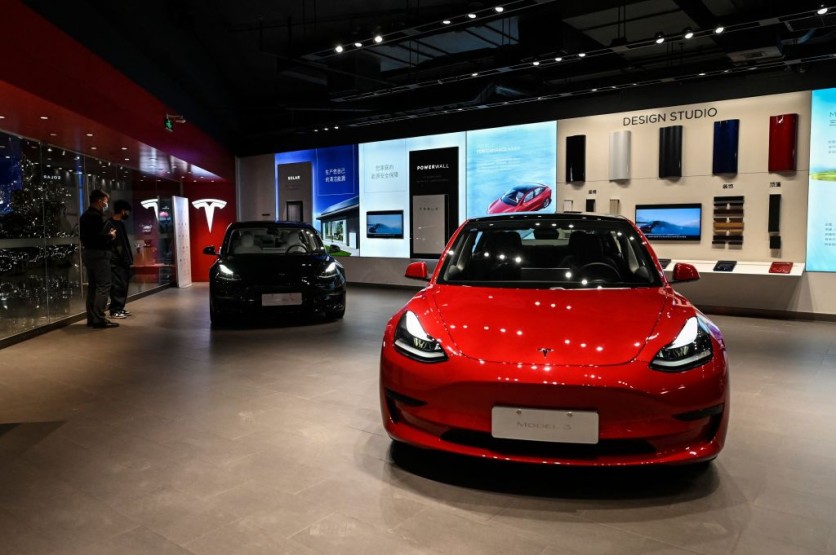
Tesla Gaining Full Tax Credit
While buyers of Tesla had access to a new and updated federal tax credit for electric vehicles (EVs) since the start of the year, some new requirements limit access to the tax credit amount on certain models.
However, the company surprised the market Friday by confirming that all new Tesla Model 3 vehicles will now qualify for the full $7,500 federal EV tax credit rather than its previous $3,750. According to The Verge, this brings down the price of the vehicle to around $30,000 for those who can claim the full tax credit. The Model 3 models basically start at $37,830.
Previously, customers only had access to half of the tax credit for the two cheapest versions of the Model 3 because of its China-made batteries. The automaker did not say what changed, but Tesla updated its online configurator to confirm the full tax credit, even on the Model 3 long-range all-wheel drive and rear-wheel drive.
Possible reasons are that Tesla replaced the batteries of the new Model 3 vehicles with US-made variants or the latest deal now allows Chinese-made batteries. Tesla CEO Elon Musk only retweeted a screenshot of the company's website that displays the tax credits available for each vehicle. The Treasury Department has yet to comment on Tesla's newfound eligibility for tax credits.
Unfortunately, not everyone can qualify for the full tax credit, as a family needs to be under a certain income. Electrek reported that buyers must have an adjusted gross income of less than $300,000 for married couples filing jointly, $225,000 for heads of households, or $150,000 for all other filers to qualify.
EV Tax Credit
TechCrunch reported that EV tax credits were mandated by Congress in August last year as part of the United States Inflation Reduction Act, which aims to end the country's reliance on China for batteries.
The $7,500 tax credit is broken into two parts. EVs could reportedly qualify for half if 50% of the value of battery components were produced in North America, while the other half requires 40% of the value of critical metals to be sourced from the United States or another country with a free trade agreement.
Those percentages will go up each year, and by 2027, 80% of battery minerals and components must meet those requirements for the vehicles to be eligible for the tax credit. The government gave automakers time to meet the requirements by holding off on publishing the battery-sourcing guidance when the tax credits kicked in last January 1.
But on April 18, the department started enforcing the critical material sourcing requirement, leading to many vehicle models losing the full tax credits they had been eligible for in this year's first quarter. Automakers like BMW, Rivian, Volvo, and Hyundai lost their credits entirely, while Tesla's Model 3 was slashed in half.


![Apple Watch Series 10 [GPS 42mm]](https://d.techtimes.com/en/full/453899/apple-watch-series-10-gps-42mm.jpg?w=184&h=103&f=9fb3c2ea2db928c663d1d2eadbcb3e52)


